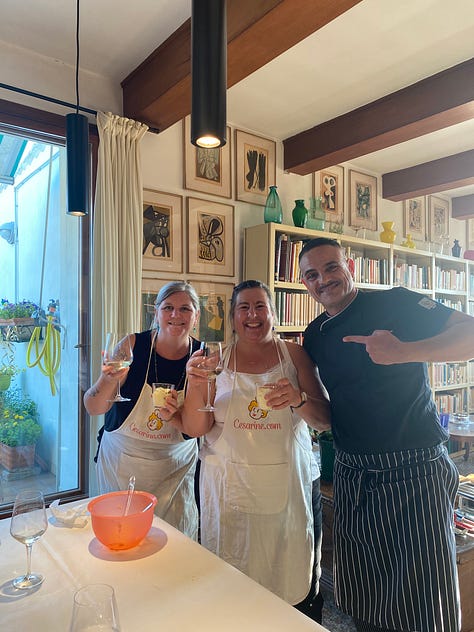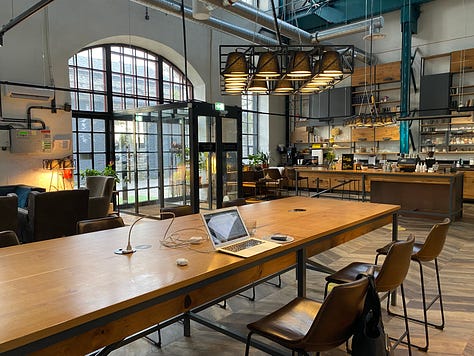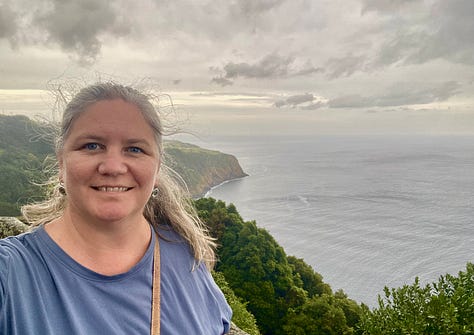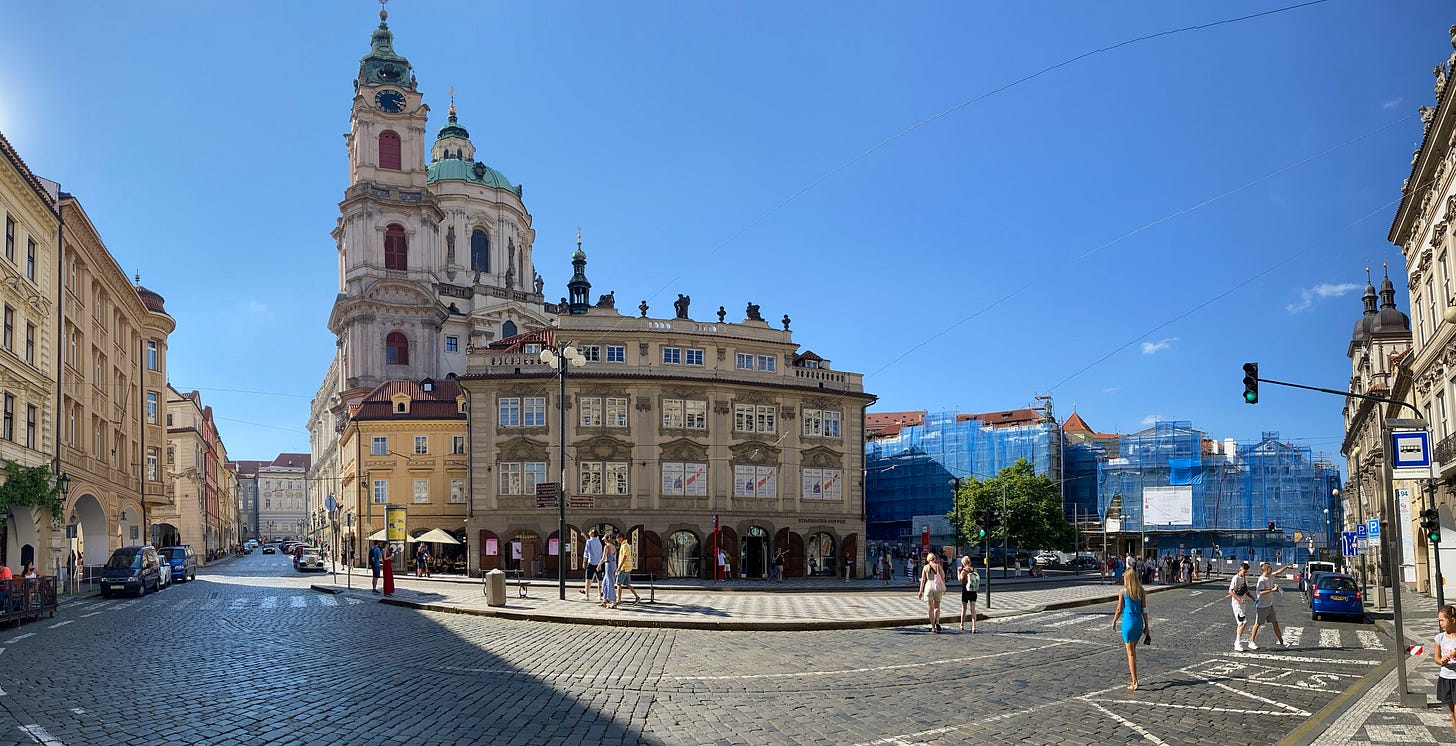The Schengen Area Explained: How to Unlock Europe with a Digital Nomad Visa
From Portugal to Poland, here’s how to live, work, and travel freely across Europe with one digital nomad visa.
🧳 Use Midlife Nomads Destination Guides to inspire your next adventure with practical tips and honest insights—so you can work well while travelling better.
Imagine stepping off a plane in Lisbon, grabbing a pastel de nata at a sunny pavement café, and knowing that passport checks are already behind you… not just for Portugal, but for most of Europe. That’s the magic of the Schengen Area.
Schengen currently spans 29 countries, covering over 4 million km² and more than 450 million people. Thanks to a shared external border policy and unified visa rules, once you're in—whether through Spain, Estonia, or Germany—you’re effectively inside an open-border zone stretching from the beaches of the Adriatic to the fjords of Scandinavia.
No checkpoints. No delays. Just the freedom to wander and work remotely from anywhere.



That means your digital nomad life could unfold as a weekend in Helsinki, heading to Barcelona for a month, and exploring the cobblestone streets of Split, Croatia, all under one visa.
A Spain visa gives you walk-ins at cafés in Malta or hikes in Finland. A Czech permit means no scramble at every border when you hop to Belgium for beer and waffles.
It’s like getting one key that opens 29 doors.
And that’s a game-changer.
Soon, countries like Cyprus will officially join; and microstates like Monaco and San Marino are already in the flow—de facto Schengen.
But, fair warning: the EU is tinkering under the hood, tightening visa rules and tax access. So while this freedom remains powerful right now, it’s good to keep your finger on the pulse as things shift.
In this post, we’ll take a closer look at how that Schengen area freedom actually works with a digital nomad visa, and how to plan for it.




